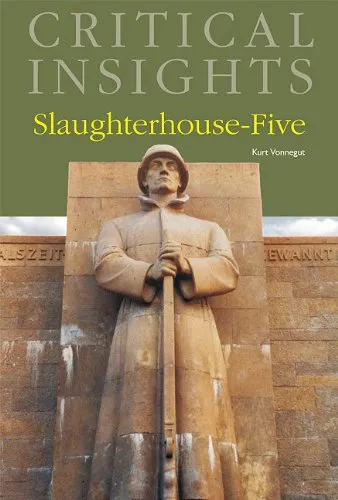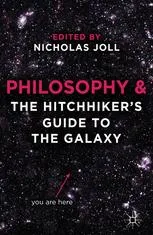Slaughterhouse-five by Kurt Vonnegut
3.5
Reviews from our users

You Can Ask your questions from this book's AI after Login
Each download or ask from book AI costs 2 points. To earn more free points, please visit the Points Guide Page and complete some valuable actions.Related Refrences:
Introduction to 'Slaughterhouse-five'
Kurt Vonnegut's masterpiece, 'Slaughterhouse-five', is a profound exploration of the absurdities of war, the fragility of human consciousness, and the nature of time. First published in 1969, this seminal work has become a classic in modern literature, renowned for its innovative narrative structure and piercing critique of war. At its core, 'Slaughterhouse-five' weaves together elements of science fiction and historical narrative to create a unique and compelling perspective on the human experience during World War II.
Detailed Summary of the Book
The protagonist, Billy Pilgrim, finds himself unstuck in time, experiencing moments from his life in a non-linear fashion. His journey begins as a chaplain's assistant in World War II, where he is captured by German soldiers and witnesses the horrific bombing of Dresden—a pivotal moment in the novel. The narrative oscillates between Billy's wartime experiences and his post-war life, including an alien abduction by the Tralfamadores, who introduce him to the concept of time as a series of moments that can be observed from any point. This philosophical viewpoint shapes Billy's understanding of life and death, allowing him to navigate his tumultuous existence with a sense of detached acceptance.
Key Takeaways
Vonnegut's work delivers several key messages that resonate deeply. Firstly, the novel critiques the romanticization of war by revealing its brutal and devastating realities. It questions the glorification of heroism in conflict, exposing the senseless destruction and chaos that accompany warfare. Secondly, through the Tralfamadorian philosophy, Vonnegut elucidates the fluidity of time and the illusion of free will, urging readers to reconsider their perceptions of reality. Finally, 'Slaughterhouse-five' illustrates the power of narrative as a means of coping with trauma, highlighting the importance of storytelling as a therapeutic and cathartic process.
Famous Quotes from the Book
- “So it goes.”
- “Everything was beautiful, and nothing hurt.”
- “I have told my sons that they are not under any circumstances to take part in massacres, and that the news of massacres of enemies is not to fill them with satisfaction or glee.”
- “And even if the wars didn’t keep coming like glaciers, there would still be plain old death.”
Why This Book Matters
'Slaughterhouse-five' remains a significant literary work due to its bold narrative technique and the audacious themes it tackles. The novel's fragmented structure mirrors the disjointed reality of post-traumatic stress, building empathy and understanding for individuals grappling with similar experiences. In an era where discussions of mental health and trauma are increasingly relevant, Vonnegut's novel provides timeless insights into human resilience and the quest for meaning amidst chaos. Additionally, its anti-war message continues to resonate, challenging readers to reflect on the ethical implications of conflict and the value of human life.
Free Direct Download
Get Free Access to Download this and other Thousands of Books (Join Now)
For read this book you need PDF Reader Software like Foxit Reader



